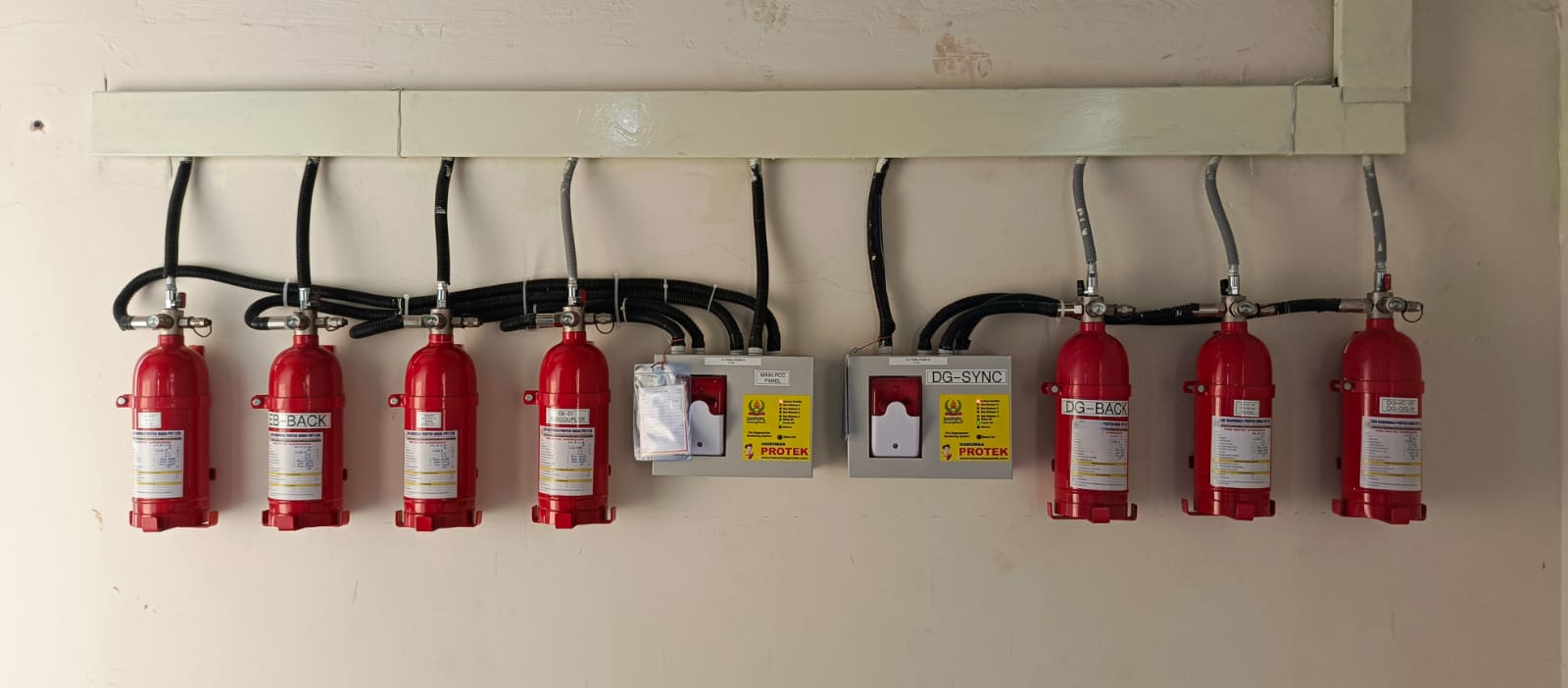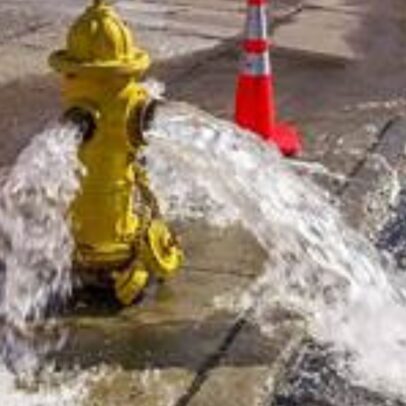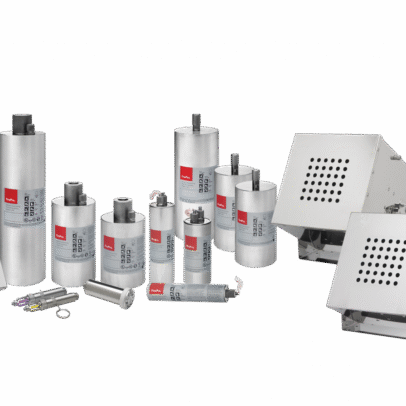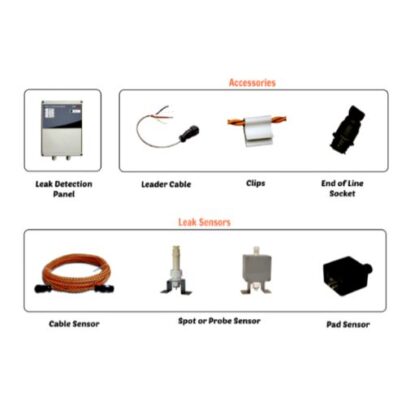Product Description
An Automatic Fire Suppression System is a self-activating system that detects and suppresses fire without human intervention. It is commonly installed in buildings, vehicles, electrical panels, server rooms, and industrial environments to provide 24/7 fire protection.
🔥 What Is an Automatic Fire Suppression System?
✅ Definition
An Automatic Fire Suppression System (AFSS) is a fire protection system that detects heat, smoke, or flame and then automatically discharges an extinguishing agent (gas, liquid, foam, or aerosol) to control or extinguish the fire — without needing a person to activate it.
⚙️ Key Components
Component Description
🔍 Detection System Sensors that detect heat, flame, or smoke. Examples: heat detectors, smoke detectors, linear heat sensing cables.
💥 Suppression Agent The material used to put out the fire — water, foam, CO₂, clean agents (Like FM – 200,NOVEC 1230, SHPIPL FK-5-1-12), or condensed aerosol.
🔄 Control Panel Brain of the system. Receives signals from detectors and activates the suppression system.
🚿 Discharge Mechanism Nozzles or canisters that release the suppression agent when triggered.
🔋 Power Supply Usually includes backup batteries for reliability in power outages.
🔄 How It Works – Step-by-Step
🔥 Fire Starts
🔔 Sensor Detects Fire (temperature rises, smoke appears, or flame is detected)
⚠️ Signal Sent to Control Panel
💨 Control Panel Activates Suppression Agent Release
✅ Fire Suppressed Automatically
🧪 Types of Suppression Agents
Type Best For Example System
💧 Water-based General building protection Sprinkler systems
🧯 Clean Agents Electrical/Server rooms (Like FM – 200,NOVEC 1230, SHPIPL FK-5-1-12)
💨 Inert Gases Data centers, archives Argonite, Inergen
❄️ CO₂ Industrial, electrical panels High-pressure CO₂
☁️ Condensed Aerosol Small enclosures, panels FirePro
🧼 Foam Flammable liquid areas AFFF, CAFS systems
🏢 Applications
Server rooms & data centers
Electrical control panels & substations
Warehouses and industrial spaces
Commercial kitchens (restaurant hood systems)
Vehicles & heavy equipment (bus, truck, mining)
Marine vessels
Telecom shelters
Battery energy storage systems (BESS)
✅ Advantages
Fast response — suppresses fire before it spreads
Minimizes damage — especially important in sensitive areas (like electronics)
Operates 24/7, even without staff
Can be localized (like inside a panel) or room-scale
Reduces downtime and asset loss







Reviews
There are no reviews yet.